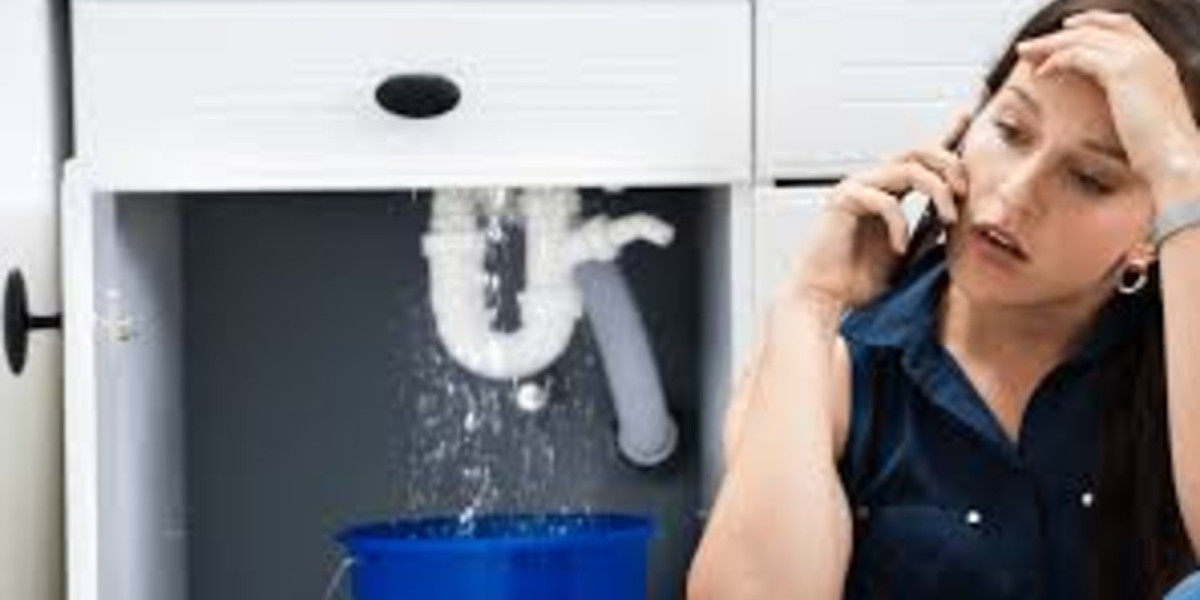When we talk about water, we often focus on its quality for drinking and cooking. But did you know that the type of water running through your pipes can significantly impact your home plumbing? Hard water, which is water rich in minerals like calcium and magnesium, might be causing more harm to your plumbing system than you realize. Let’s dive into the effects of hard water and how you can protect your home plumbing from its damaging effects.
What Is Hard Water?
Hard water contains high levels of dissolved minerals, primarily calcium and magnesium. While it’s not harmful to drink, it can wreak havoc on your plumbing system over time. These minerals accumulate on the inside of pipes, fixtures, and appliances, forming what is known as limescale.
How Does Hard Water Damage Home Plumbing?
Pipe Blockages The minerals in hard water build up over time, narrowing the pipes and restricting water flow. This can lead to reduced water pressure and, eventually, complete blockages. In severe cases, you might even need emergency drain unclogging to restore functionality.
Corroded Fixtures Hard water leaves mineral deposits on your faucets and showerheads. Over time, this causes corrosion, making your fixtures look unsightly and less functional.
Appliance Wear and Tear Appliances like water heaters, dishwashers, and washing machines suffer from limescale buildup. This reduces their efficiency and lifespan, costing you more in energy bills and replacement costs.
Increased Plumbing Repairs As hard water damages pipes and fixtures, you’ll likely face more frequent plumbing issues. This includes leaks, blockages, and reduced performance of your home plumbing system.
Signs That Hard Water Is Affecting Your Home Plumbing
Low Water Pressure: A noticeable drop in water pressure can indicate mineral buildup in your pipes.
White or Chalky Deposits: Look for deposits on faucets, showerheads, and sinks.
Stiff Laundry: Hard water makes it harder for soap to lather, leaving your clothes feeling stiff.
Frequent Appliance Breakdowns: If your water heater or dishwasher needs constant repairs, hard water might be the culprit.
How to Stop Hard Water from Damaging Your Home Plumbing
Install a Water Softener
A water softener is a device that removes minerals from hard water, making it gentler on your plumbing system. It’s one of the most effective solutions to protect your home plumbing.
Use Vinegar for Cleaning
Regularly clean faucets and showerheads with vinegar to dissolve mineral deposits and prevent clogging.
Flush Your Water Heater
Drain and clean your water heater periodically to remove limescale buildup and improve efficiency.
Install Filters
Consider installing filters on faucets and showerheads to catch minerals before they settle on surfaces.
Schedule Regular Plumbing Inspections
A professional plumber can identify and address issues caused by hard water before they become serious problems.
Benefits of Addressing Hard Water Issues
Improved Water Flow: Removing mineral buildup restores proper water pressure.
Longer Appliance Lifespan: Softened water prevents wear and tear, extending the life of your appliances.
Lower Maintenance Costs: Avoid frequent plumbing repairs and replacements.
Better Water Quality: Soft water enhances the performance of soaps and detergents, making your laundry, dishes, and showers more effective.
Hard Water vs. Soft Water: What’s the Difference?
Understanding the difference between hard and soft water can help you decide on the best solution for your home plumbing.
Hard Water: Contains high levels of calcium and magnesium, causing limescale buildup and plumbing issues.
Soft Water: Has minimal mineral content, making it better for plumbing, appliances, and cleaning.
DIY Tips to Combat Hard Water
If installing a water softener isn’t an option right now, try these DIY methods:
Boil Water for Cooking: Boiling hard water can reduce its mineral content temporarily.
Lemon Juice for Faucets: Use lemon juice to scrub fixtures and remove stubborn mineral deposits.
Baking Soda Paste: Mix baking soda with water to create a paste for cleaning sinks and tubs.
Professional Solutions for Hard Water Problems
Sometimes, hard water issues are too severe for DIY fixes. A professional plumber can assess your home plumbing and recommend effective solutions, such as water softener installation or pipe replacement.
Conclusion
Hard water can be a hidden menace to your home plumbing, causing blockages, corrosion, and expensive repairs. By identifying the signs and taking proactive steps—like installing a water softener or cleaning regularly—you can protect your plumbing system and ensure it functions efficiently for years to come. Don’t let hard water damage your home; take action today to safeguard your plumbing and save on costly repairs.
FAQs
What is hard water, and how does it affect home plumbing?
Hard water contains minerals like calcium and magnesium that cause limescale buildup, leading to clogged pipes, corroded fixtures, and reduced appliance efficiency.
How can I tell if hard water is damaging my home plumbing?
Look for signs like low water pressure, white deposits on fixtures, stiff laundry, and frequent appliance breakdowns.
What is the best way to prevent hard water damage?
Installing a water softener is the most effective solution to protect your plumbing system.
Can I fix hard water issues without professional help?
Yes, you can use DIY methods like vinegar cleaning, boiling water, or installing faucet filters to reduce minor hard water effects.
When should I call a plumber for hard water problems?
If you experience persistent blockages, low water pressure, or need emergency drain unclogging, it’s time to call a professional.








